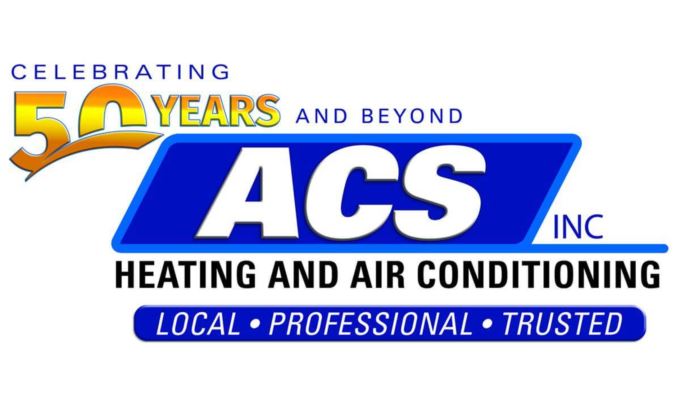
We spend lots of time indoors. As a matter of fact, the Environmental Protection Agency (EPA) has approximated being within a building accounts for 90% of our time. Although, the EPA also says your indoor air can be three to five times worse than outdoors.
That’s due to the fact our homes are tightly sealed to enhance energy efficiency. While this is great for your heating and cooling costs, it’s not so fantastic if you’re among the 40% of the population with respiratory allergies.
When outdoor ventilation is insufficient, pollutants such as dust and volatile organic compounds (VOCs) may get trapped. Consequently, these pollutants may worsen your allergies.
You can enhance your indoor air quality with fresh air and routine cleaning and vacuuming. But if you’re still having problems with symptoms during the time you’re at home, an air purifier might be able to provide relief.
While it can’t remove pollutants that have settled on your couch or carpeting, it can help purify the air moving throughout your residence.
And air purification has also been scientifically verified to help lower some allergic symptoms, according to the American College of Allergy, Asthma and Immunology. It can also be useful if you or someone in your household has lung issues, including emphysema or COPD.
There are two models, a portable air purifier or a whole-home air purifier. We’ll discuss the advantages so you can determine what’s correct for your residence.
Whole-House Air Purifier vs. Portable Air Purifiers
A portable air purifier is for one room. A whole-house air purifier works with your home comfort system to clean your entire house. Some types can purify on their own when your home comfort unit isn’t running.
What’s the Best Air Purifier for Allergies?
Go after a model with a High Efficiency Particulate Air (HEPA) filter. HEPA filters are placed in hospitals and provide the most comprehensive filtration you can get, as they catch 99.97% of particles in the air.
HEPA filters are even more powerful when used with an ultraviolet (UV) germicidal light. This dynamic mixture can wipe out dust, dander, pollen and mold, all of which are general allergens. For the ultimate in air purification, evaluate a unit that also has a carbon-based filter to eliminate household smells.
Avoid buying an air purifier that generates ozone, which is the main ingredient in smog. The EPA advises ozone might irritate respiratory issues, even when released at low settings.
The Allergy and Asthma Foundation of America has created a checklist of questions to ask when getting an air purifier.
- What can this purifier remove from the air? What doesn’t it extract?
- What’s its clean air delivery rate? (A better number means air will be purified faster.)
- How regularly does the filter or UV bulb need to be replaced]? Can I complete that without help?
- How much do new filters or bulbs cost?
How to Lessen Seasonal Allergy Symptoms
Want to get the {top|most excellent|best] results from your new air purification system? The Mayo Clinic advises doing other steps to limit your exposure to things that can trigger seasonal allergies.
- Stay inside and keep windows and doors sealed when pollen counts are elevated.
- Have someone else cut the lawn or pull weeds, since this work can aggravate symptoms. If you must do these jobs on your own, consider trying a pollen mask. You should also shower without delay and put on clean clothes once you’re completed.
- Avoid hanging laundry outdoors.
- Turn on the AC while indoors or while in the car. Consider adding a high efficiency air filter in your residence’s HVAC equipment.
- Balance your residence’s humidity percentage with a whole-house dehumidifier.
- Hardwood, tile or linoleum are the suggested flooring materials for decreasing indoor allergens. If your house has carpet, use a HEPA filter on your vacuum cleaner.
Let Our Pros Take Care of Your Indoor Air Quality Necessities
Want to take the next step with getting a whole-house air purifier? Give our experts a call at 770-450-1539 or contact us online to get an appointment. We’ll help you find the best system for your house and budget.

